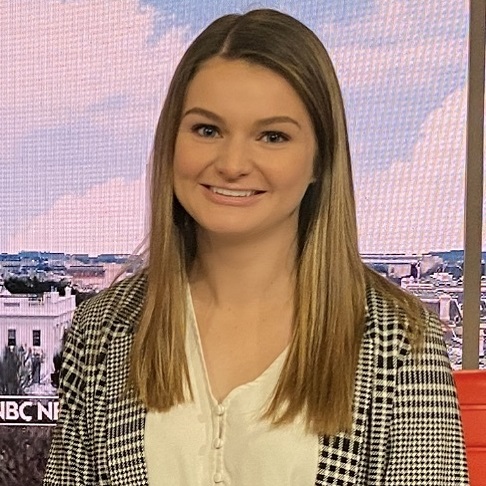The Federal Communications Commission (FCC) said it plans to start winding down the Affordable Connectivity Program (ACP) – the nation’s largest broadband affordability program – this week unless the program receives additional funding from Congress.
The White House recently made a supplemental funding request to Congress for $6 billion to help fund the ACP. The program, funded by the bipartisan Infrastructure Investment and Jobs Act, provides eligible households with a discount on broadband service and connected devices.
“With less than four months before the projected program end date and without any immediate additional funding, this week the commission expects to begin taking steps to start winding down the program to give households, providers, and other stakeholders sufficient time to prepare,” the FCC said in a Jan. 8 fact sheet.
According to the fact sheet, FCC Chairwoman Jessica Rosenworcel remains hopeful that Congress will provide additional funding for the ACP.
Regardless, Rosenworcel sent a letter to congressional leaders on Monday outlining the next steps the FCC must take to prepare if Congress fails to fund the program. These steps include notifying participating households about the projected end of the ACP and formally determining the program’s end date.
The FCC expects ACP funding to last through April 2024, but to run out completely in May. In the letter, Rosenworcel warns that if Congress does not provide additional funding, millions of households will lose the ACP benefit that they use to afford internet service.
She notes that 1,700 internet service providers would also be affected by the termination of the ACP and may cut off service to households no longer supported by the program.
Additionally, the chairwoman said that losing the ACP would undermine the $42.5 billion Broadband Equity, Access, and Deployment (BEAD) Program, “for which the ACP supports a stable customer base to help incentivize deployment in rural areas.”
“The ACP is in jeopardy and, absent additional funding, we could lose the significant progress this program has made towards closing the digital divide. Yet we have come too far with the ACP to turn back,” Rosenworcel wrote. “Accordingly, the commission stands ready to assist Congress with any efforts to fully fund the ACP into the future.”
So far, the ACP program has helped to close the digital divide by enrolling nearly 23 million households nationwide – in both rural and urban America.

